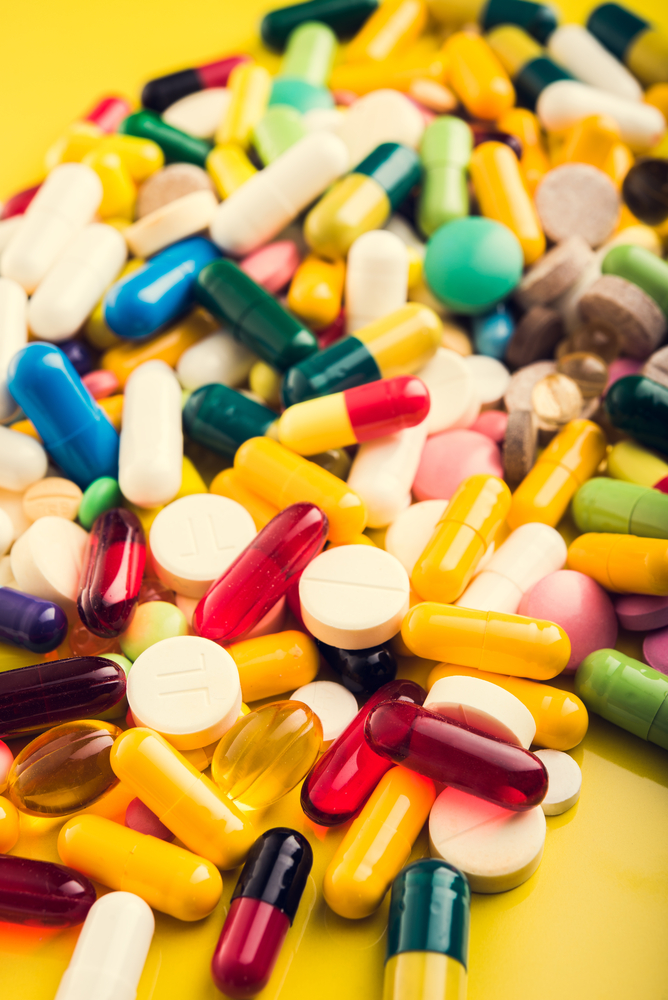MAOI’s (mono-amine oxidase inhibitors) can be used for depression. With that stated, they have a significant number of clinical pearls that limit there use. MAOI’s and drug interactions are two terms that you should lump together. Very rarely do I see patients on MAOI’s for depression. Often you’ll find that the patients that are taking these medications have failed just about every other medication you can think of. So here’s a couple of the major reasons why this class is rarely if ever used for depression.
MAOI’s have numerous drug interactions that can fly under the radar if healthcare professionals don’t recognize the drug that is being used by the patient. I remember a patient taking tranylcypromine which is definitely not a drug you will see used everyday. This is a classic case where I tell students and new pharmacists that if you do not know a medication, you have to look it up! A triptan was prescribed in this case in which triptans and MAOI’s are considered contraindicated due to risk of increasing serotonergic activity. Many other medications are also contraindicated with many of the MAOI’s such as SSRI’s, SNRI’s, TCA’s, etc.
The second major clinical pearl about MAOI’s is that they are typically not used because they block the gut break down of tyramine. Tyramine is found in many different foods. Aged cheeses, meats, and fish are the classic examples that should be avoided if a patient is taking a MAOI. The risk of tyramine in patients taking an MAOI is that it can lead to higher blood pressure and possibly even a hypertensive crisis.
Enjoy the blog? Over 4,000 subscribers have received my 6 page PDF of 30 medication mistakes for FREE. Why have you subscribed?



Most MAOi use these days is for Parkinson’s (e.g. Azilect). These are selective towards MAO-B type specifically so theoretically reduced risk of tyramine in diet etc. Very important to know the significant drug interactions with MAOi = dextromethorphan, linezolid, tramadol, flexeril, antidepressants etc